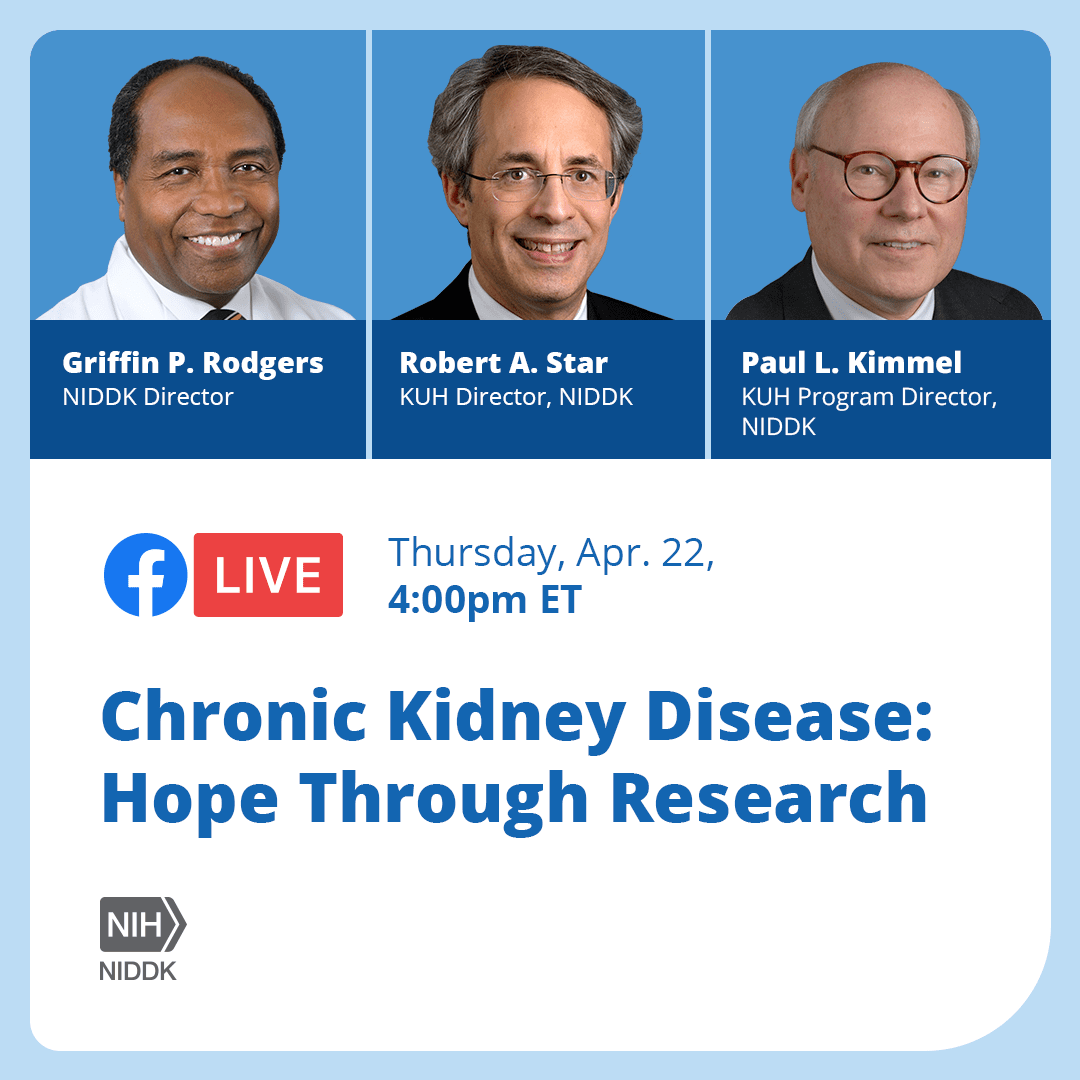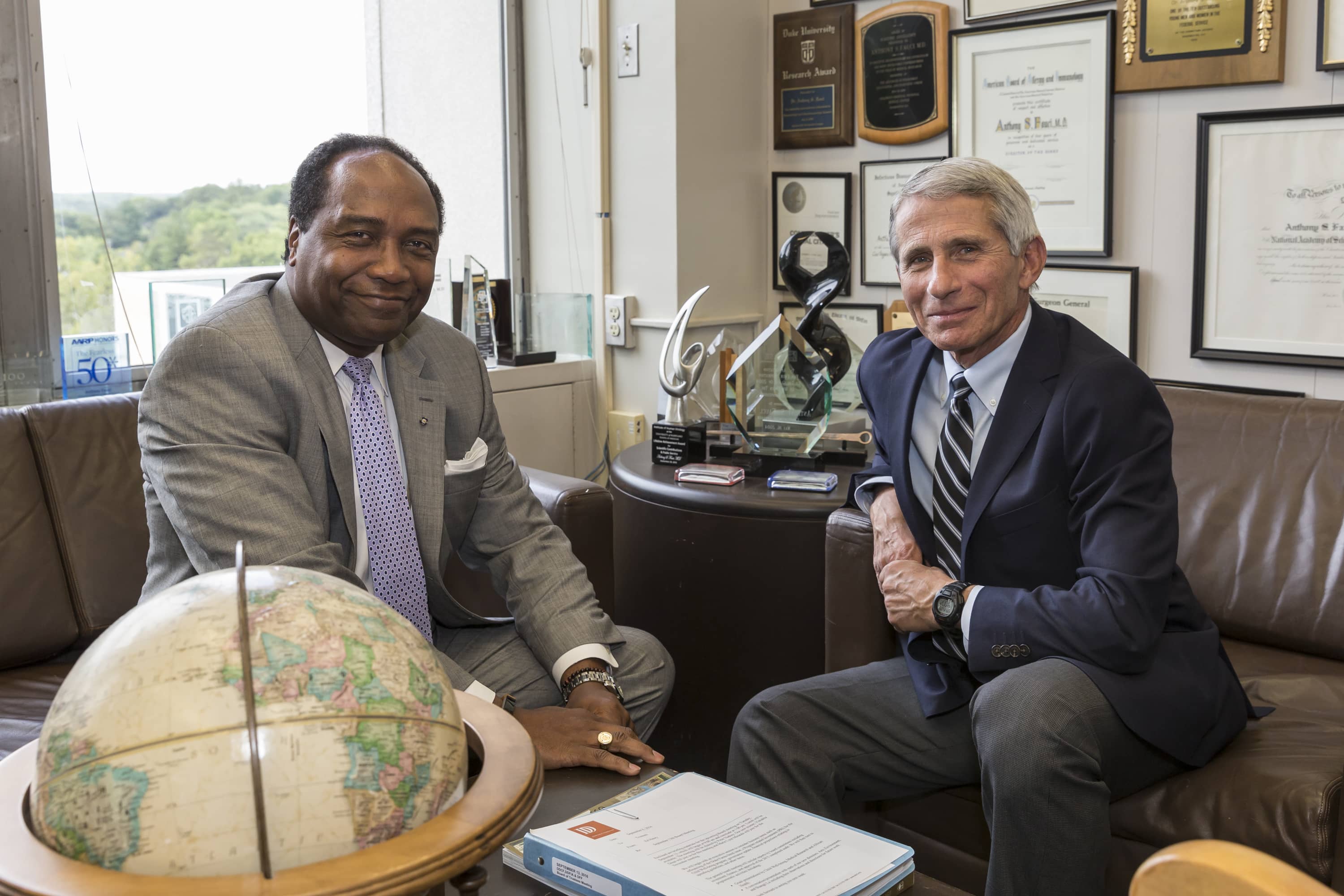Health Information Updates
Celiac disease and going gluten free
by Katie Hamill
 People with celiac disease can avoid gluten while following a healthy diet.
People with celiac disease can avoid gluten while following a healthy diet.
Every year, millions of people come to NIDDK’s website to get clear, accurate information on a wide variety of health topics. To ensure this information keeps up with the evidence, experts work together to regularly update our content and to include new topics of wide—and sometimes rare—interest.
For example, NIDDK recently updated its page on celiac disease, a condition where a person’s immune response to a protein called gluten damages the small intestine, preventing important nutrients from being absorbed.
As awareness of celiac disease has grown—and coincidentally, as health claims of gluten-free diets have proliferated—gluten-free foods have become increasingly common in grocery stores and on restaurant menus. Found naturally in wheat, barley, and rye, gluten is a frequent ingredient in many breads, pastas, desserts, condiments, and drinks. However, while following a gluten-free diet is essential for those with celiac disease, research has not shown that following a gluten-free diet has health benefits for the general population.
Symptoms of celiac disease vary widely, and may include bloating, chronic diarrhea, constipation, and gas. Left untreated, celiac disease can lead to serious health issues over time, such as malnutrition, anemia, osteoporosis, and problems with the nervous and reproductive systems.
Celiac disease is treated by following a gluten-free diet. Symptoms of celiac disease generally improve within days to weeks of eliminating gluten. In addition, maintaining a gluten-free diet heals damage in the small intestine and prevents additional damage and health complications.
Celiac disease should be diagnosed by a health care provider before starting a gluten-free diet, and a conversation should follow to learn how to avoid gluten while following a healthy diet, as well as how to find substitutes for foods that typically contain gluten.
To learn more about celiac disease and a gluten-free diet, visit www.niddk.nih.gov/health-information/digestive-diseases/celiac-disease. For a wide range of free, evidence-based health information on other topics related to NIDDK mission areas, go to www.niddk.nih.gov/health-information.
NIDDK experts talk kidney disease research with online audience

In April, NIDDK Director Dr. Griffin P. Rodgers hosted “Chronic Kidney Disease: Hope Through Research,” a livestreamed event, with Drs. Robert Star, director of NIDDK’s Division of Kidney, Urologic, and Hematologic Diseases (KUH), and KUH Program Director Paul Kimmel. The three discussed NIDDK-supported research efforts underway to improve the treatment, outcomes, and lives of people who have chronic kidney disease. Drs. Star and Kimmel also responded to questions from the audience.
The video, along with other NIDDK livestreams, is available on NIDDK’s Facebook page at www.facebook.com/NIDDKgov/videos/. Follow @NIDDKgov on Facebook, Twitter, and Instagram.
Drs. Fauci and Rodgers talk vaccines on NIDDK’s Healthy Moments radio
For the second time since the pandemic began, Dr. Anthony Fauci has joined Dr. Griffin P. Rodgers for a Healthy Moments radio series about COVID-19.
During these one-minute segments, the longtime director of the NIH’s National Institute of Allergy and Infectious Diseases (NIAID), and one of the world’s most trusted voices on coronavirus shares updates and information about COVID-19 vaccines. His previous appearance focused on how to protect yourself and others from COVID-19.
“Vaccines are a safe, effective tool in our fight against COVID-19,” Fauci told listeners. “Vaccine safety has always been a top priority. None of the vaccines are made from the COVID-19 virus itself, but from a genetic code that signals the development of a protein that induces the body’s immune system to fight the virus.”
Other topics discussed are how to get a vaccine, how to get involved in research to test COVID-19 vaccines, and what we know so far about the disease and its variants.
“Getting a COVID-19 vaccine can keep you out of the hospital and even save your life,” said Rodgers. “This Healthy Moments series is meant to provide listeners with reliable COVID-19 news and recommendations, and we’re glad to have Dr. Fauci join again.”
Dr. Fauci’s segments – and all Healthy Moments episodes – are available on the NIDDK website and syndicated on radio stations across the country. If you would like to broadcast or use Healthy Moments content for free, find out how on our “For Broadcasters” page.


